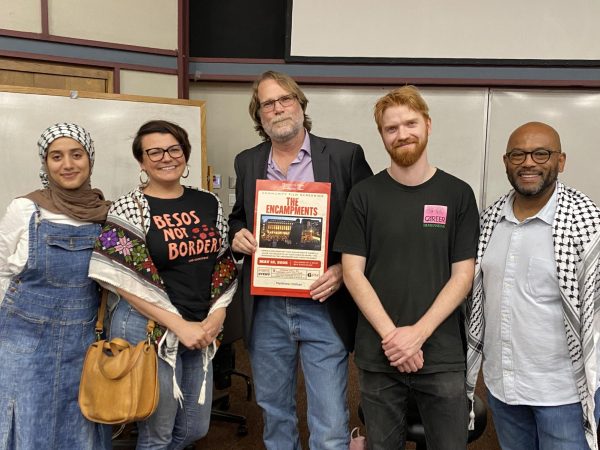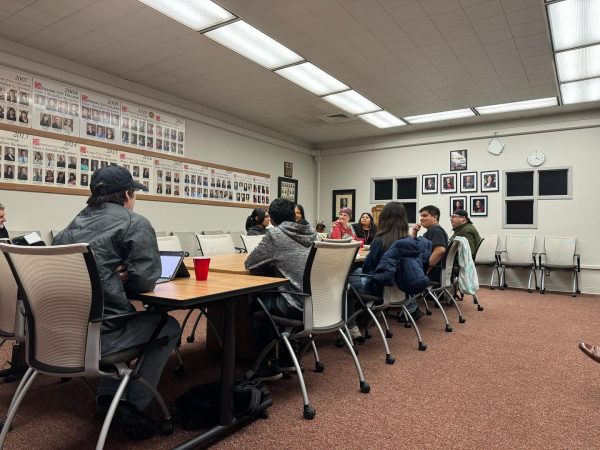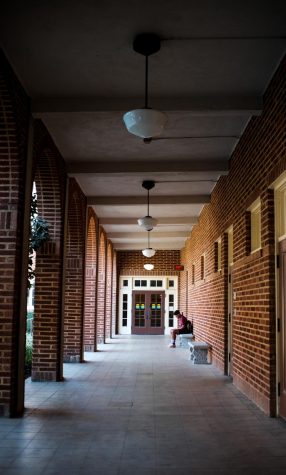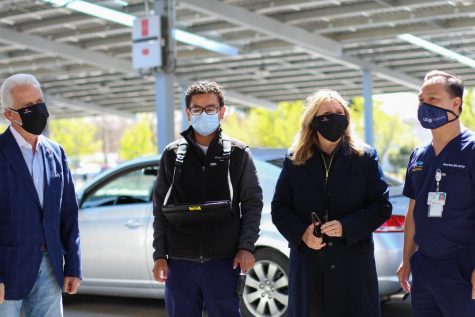Proposition 15: Taxation doesn’t have to be a dirty word
2020 is a big election year with a contested presidential race.
But California voters should be careful not to let the presidential election overshadow the significant topics on this year’s local ballot.
Among them, Proposition 15, which begins a quest to completely overhaul California’s dated property tax system.
But this overhaul is not at the expense of California residents and homebuyers, who may fear changes made to what’s commonly called the “Third Rail” of California politics.
Instead it aims to bring in millions of dollars in tax revenue for local governments and schools by closing property tax loopholes for big corporations and landlords— many of which have escaped paying their fair share for decades.
1978 was a big year for tax reform in California. Frustrated by growing income and property taxes, California homeowners united in what became known as the Tax Revolt of 1978.
In what could be called the second Boston Tea Party, California residents rallied together to create and pass proposition 13.
Proposition 13 aimed to protect California homeowners from drastically rising property taxes. It did just that by setting the maximum tax amount at 1% the full cash value of the property and limiting the tax increase to no more than 2% each year.
And while the majority of proposition 13 did protect long term property owners and lower income residents it also granted the same protection to businesses and landlords— failing to differentiate between residential, industrial, commercial, and agricultural property.
Proposition 13 became a dream for larger landlords and corporations in California when they quickly discovered a loophole in one of the proposition’s initiatives.
Under proposition 13 the value of any property will not be reassessed unless more than 50% of ownership has changed.
This allowed businesses to pay property taxes based on the assessed value of the property in 1978, even as property values drastically rose in California.
Here’s the problem: revenue for property taxes goes back into the community— funding improvements to infrastructure and educational services for k-12 schools and community colleges.
Allowing this broken system to function only cuts funding to the important areas of communities that businesses and corporations prospered off of.
More than 40 years later, Proposition 15 aims to fix this problem.
Under proposition 15, property zoned as commercial or industrial would be required to pay taxes based on their market value.
Residential property would remain the same as under proposition 13.
No, this is not an attempt by the state government to take more of our hard-earned money, instead this is simply an attempt to hold landlords and corporations, who have profited millions off local communities, financially accountable to the communities they’ve thrived off of.
According to the Legislative Analysis, Proposition 15 would bring in $6.5 to $11.5 billion each year in property tax revenue to local communities— funding services, improvements to infrastructure, and local schools.
A report by Blue Sky Consulting Group found that just 10% of high value property would account for over 90% of the additional property tax revenue under proposition 15, and collectively affecting less than 50% of property valued more than $3 million.
But critics are quick to point out that higher tax costs for landlords will fall back down on small businesses under rent agreements and even consumers—experts say otherwise.
In an open letter, a group of California’s leading economists wrote, “By eliminating assessment disparities, the cost of Proposition 15 would mainly result in reduced windfall profits at the corporate level. These profits disproportionately accrue to large, older firms and are a competitive barrier to new and innovative small businesses.”
Landlords can’t afford to pass extended tax costs down to small businesses under lease agreements and risk losing out in a competitive market.
Those who do may find themselves without tenants to fill their commercial spaces.
In September, a research consulting firm, Beacon Economics, released a report on the impact of proposition 15 on small businesses in California.
They found that the price of rent is determined by a variety of factors including, local market, condition, age of building, and size—not property tax.
It’s time to stop thinking of taxation as a dirty word.
Proposition 15 aims to create a more equitable tax system that serves the communities we all benefit from.
It’s that simple.

David Richards, 28 years old, is an English Major at Fresno City College. Born in Fresno, David graduated from Buchanan High School in 2010. He is a returning...











